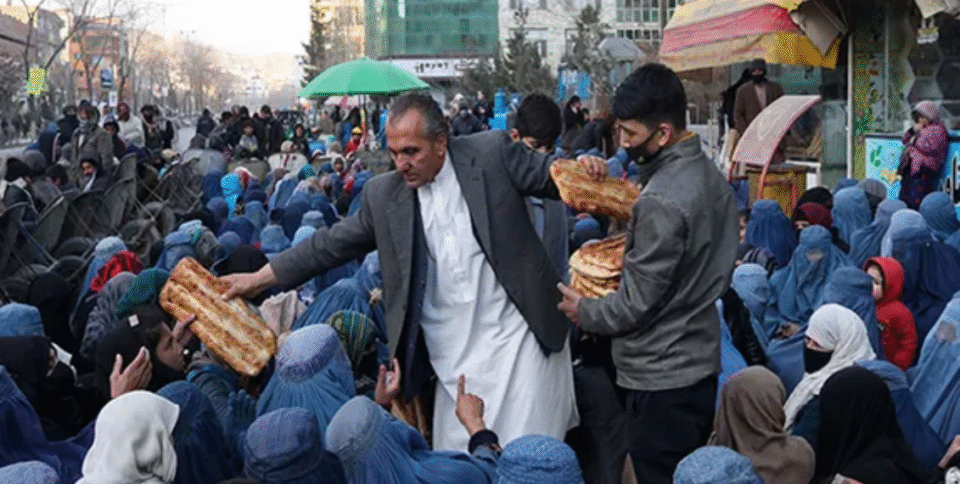Kabul [Afghanistan], August 6: Afghanistan is facing one of its worst hunger emergencies in recent years. The World Food Programme (WFP) has raised serious alarm about the deteriorating situation, calling for nearly $540 million in immediate funding to provide lifesaving assistance over the next six months. The agency said the economic collapse, persistent droughts, and a wave of returnees from neighbouring countries are compounding an already dire humanitarian crisis.
Vulnerable populations — particularly women, children, and recently returned migrants — are bearing the brunt of this multi-layered disaster. Ziauddin Safi, WFP’s communications officer in Afghanistan, emphasized the urgency: “For the next six months, the World Food Programme in Afghanistan needs nearly 540 million US dollars to carry out its programs aimed at reaching the most vulnerable Afghans across the country.”
This appeal comes at a time when Afghanistan’s economy is paralyzed and largely disconnected from global financial systems. Years of conflict, the Taliban’s return to power, sanctions, and international isolation have left the country without stable revenue sources or functioning governance systems. The crisis is so acute that humanitarian assistance has become the sole lifeline for millions.
But not everyone agrees that short-term aid alone will be enough.
According to Mir Shaker Yaqubi, an Afghan economic affairs expert, “These aids are humanitarian and prevent a serious crisis, but they cannot in any way be considered as a fundamental solution to Afghanistan’s economic problems.” He argues that real progress will only happen when international aid shifts from emergency relief to long-term developmental investment—especially in infrastructure and employment-generating projects.
Sayed Masood, another prominent economic analyst, says the roots of the crisis are more political than financial. “We have the facts and elements necessary to grow and organise the economy,” he said. “In reality, Afghanistan’s crisis is a political one, especially with the current global and regional engagement, which is preventing developmental projects from moving forward.”
Despite these debates, Afghanistan’s Ministry of Economy has urged international donors not to cut back on emergency aid, especially in light of the mass return of migrants and ongoing food insecurity. “Humanitarian aid is a serious and essential need under the current circumstances,” said Deputy Minister Abdul Latif Nazari. “Our request is that international aid organisations and the global community continue their humanitarian and emergency assistance to the people of Afghanistan.”
The United Nations had previously estimated that over $2 billion would be required to assist nearly 23 million Afghans this year. Without urgent funding, WFP warns, the hunger crisis could spiral into mass starvation, especially during the upcoming winter season when food becomes even scarcer in remote areas.

